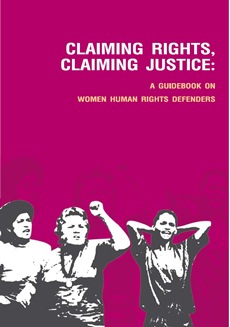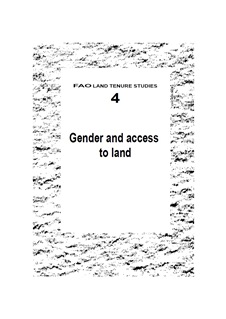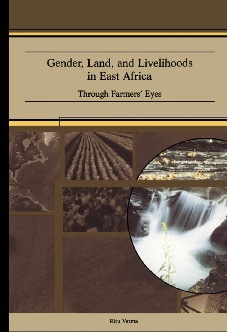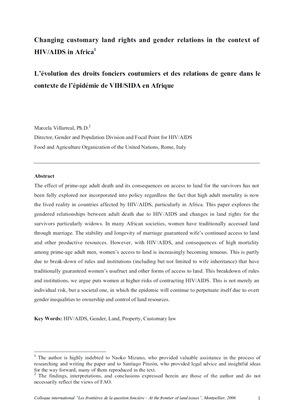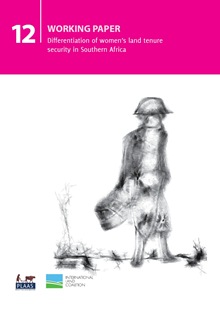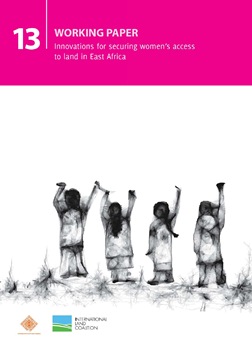Mending the gap between law and practice
Women in many countries are far less likely than men to own property and assets - key tools to gaining economic security and earning higher incomes. Though laws to protect women's property rights exist in most countries, gender and cultural constraints can prevent women from owning or inheriting property. In this series, the International Center for Research on Women (ICRW) suggests practical steps to promote, protect and fulfill women's property rights.


